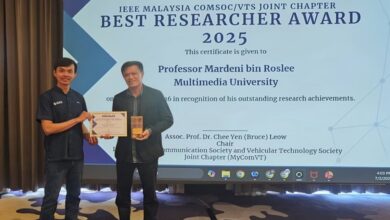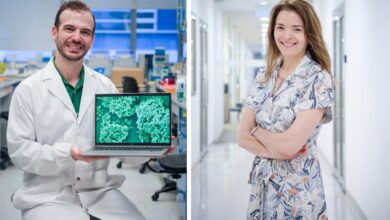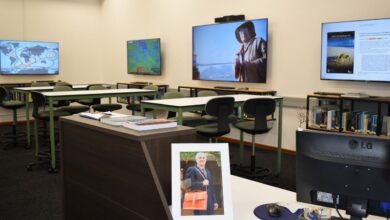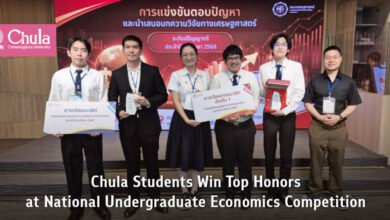Tohoku University Hosts HFSP Science Summit 2025: Key Highlights and Insights
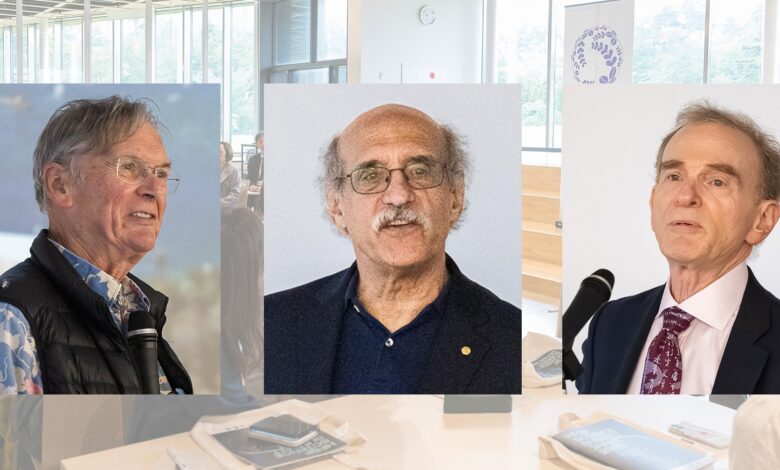
Tohoku University recently hosted the Human Frontier Science Programme (HFSP) Science Summit 2025 in Japan from October 1 to 4. This summit featured a range of prominent figures in the scientific community, including Nobel Laureates, HFSP Nakasone Award winners, and early-career researchers. Events were held across various locations, including Tokyo, Sendai, and Kyoto, with Tohoku University leading the initiative by organizing a day of workshops and lectures at its Aobayama campus.
Inauguration and Early-Career Presentations
During the inauguration, three Nobel Laureates—Martin Chalfie (Chemistry 2008), Randy Schekman (Physiology/Medicine 2013), and Tim Hunt (Physiology/Medicine 2001)—played a central role in the day’s proceedings. The morning session provided an opportunity for 23 early-career researchers from Tohoku University to present their findings through short talks, followed by small group discussions that included the laureates and other experienced scholars. This format allowed the researchers to receive valuable feedback on their work.
Feedback from Participants
Assistant Professor Wijak Yospanya from the Advanced Institute for Materials Research commented on the experience, noting that initial feelings of nervousness transitioned to a sense of appreciation for the welcoming environment created by the distinguished panel. He mentioned that these discussions renewed his enthusiasm for scientific exploration.
Similarly, Assistant Professor Hideaki Matsubayashi from the Frontier Research Institute for Interdisciplinary Sciences expressed enjoyment in his discussions with Professor Randy Schekman, particularly regarding the complexities of impact factor metrics and scientific publishing. He also valued Schekman’s insights into the importance of personal engagement in research endeavors.
Significance of Interactions for Emerging Scientists
Asako Sugimoto, Executive Vice President for Research at Tohoku University, highlighted the significance of such interactions for emerging scientists, characterizing it as a unique chance to obtain insights and encouragement from established researchers. She reiterated the university’s dedication to fostering a supportive research environment that attracts leading scientists.
Afternoon Sessions and Nobel Laureates’ Contributions
The afternoon sessions shifted focus to presentations by the Nobel Laureates, who shared their recent research findings while emphasizing the importance of fundamental scientific inquiry. Past HFSP Nakasone Award winners also contributed lectures, motivating young researchers to ask bold questions and take risks in their scientific pursuits.
Summit’s Role and International Collaborations
Sugimoto underscored the summit’s role in expanding the horizons of early-career researchers and promoting opportunities for international collaboration. The four-day event included additional sessions at institutions such as the University of Tokyo, RIKEN, and Kyoto University, organized in partnership with the Human Frontier Science Programme Organization (HFSPO), the Ministry of Education, Culture, Sports, Science and Technology (MEXT), the Ministry of Economy, Trade and Industry (METI), and the Japan Agency for Medical Research and Development (AMED).
(Source: Tohoku University)

